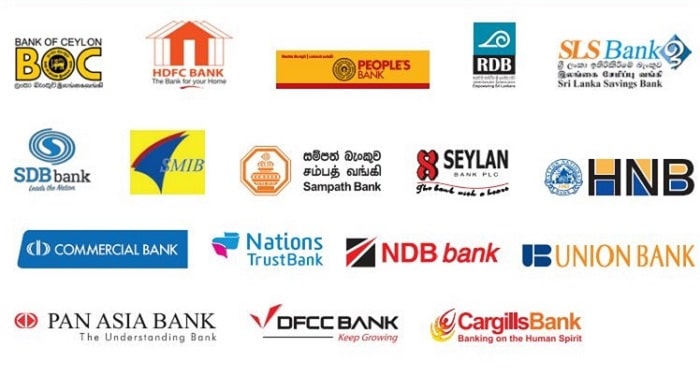Investing in real estate can be an exciting endeavor, especially in a country as diverse and dynamic as Sri Lanka. From pristine beachfront properties to lush hillside retreats, the island nation offers a wide range of real estate options. However, for many, securing the necessary financing is a key consideration on this journey. In this blog, we’ll explore the intricacies of real estate financing in Sri Lanka, providing valuable insights to help you make informed decisions.

The Sri Lankan Real Estate Landscape
Before delving into financing, let’s briefly examine the Sri Lankan real estate market. With its natural beauty, rich history, and growing economy, Sri Lanka has garnered attention from local and international investors alike. The market offers a variety of properties, including apartments, houses, commercial spaces, and land for development.

Real Estate Financing Options in Sri Lanka
When it comes to financing your real estate purchase in Sri Lanka, you have several options to consider:
Local Commercial Banks and Financial Institutions:
Sri Lanka has a well-established banking sector that offers housing loans to both residents and non-residents. Interest rates, loan-to-value ratios, and repayment terms can vary among banks, so it’s essential to compare and choose the one that best suits your needs.
Non-Banking Financial Institutions:
Apart from traditional banks, there are non-banking financial institutions in Sri Lanka that provide mortgage loans. These institutions may offer competitive rates and terms, and some specialize in catering to non-resident buyers, provide one meets their strict criteria.
Developer Financing:
In some cases, property developers work with local banks to offer financing options to buyers . These arrangements may come with advantages such as lower down payments or more flexible terms. It’s worth inquiring with developers if such options are available.
Personal Savings and Foreign Funds:
You may choose to finance your real estate purchase using personal savings or funds from abroad. If you’re an expatriate or non-resident, this option may be suitable for you.

Key Considerations for Real Estate Financing in Sri Lanka
Here are some important factors to keep in mind when navigating real estate financing in Sri Lanka:
Interest Rates: Interest rates can significantly impact the overall cost of your loan. Be sure to understand whether the rate is fixed or variable and how it may change over time.
Loan Tenure: Determine the loan tenure that aligns with your financial capabilities. Longer loan terms may result in lower monthly payments but higher overall interest costs.
Loan-to-Value Ratio: Different lenders may have varying loan-to-value ratios, which dictate how much you can borrow in relation to the property’s value. A lower ratio may require a higher upfront down payment.
Currency Exchange Risk: If you are financing your purchase with foreign funds, be mindful of currency exchange rates, as fluctuations can impact your repayment amount.
Legal and Regulatory Considerations: Familiarize yourself with the legal and regulatory aspects of real estate financing in Sri Lanka, including any restrictions on non-resident buyers.
Pre-Approval: Consider obtaining pre-approval for your loan before actively searching for properties. Pre-approval can provide you with a clearer picture of your budget and strengthen your negotiating position with sellers.
Closing Thoughts
Real estate financing in Sri Lanka presents a range of options for both residents and non-residents. As you embark on your real estate journey in this beautiful nation, it’s essential to conduct thorough research, seek professional advice, and carefully evaluate your financial capabilities. With the right financing strategy, you can turn your dream of owning a piece of paradise in Sri Lanka into a reality.



Leave a Reply